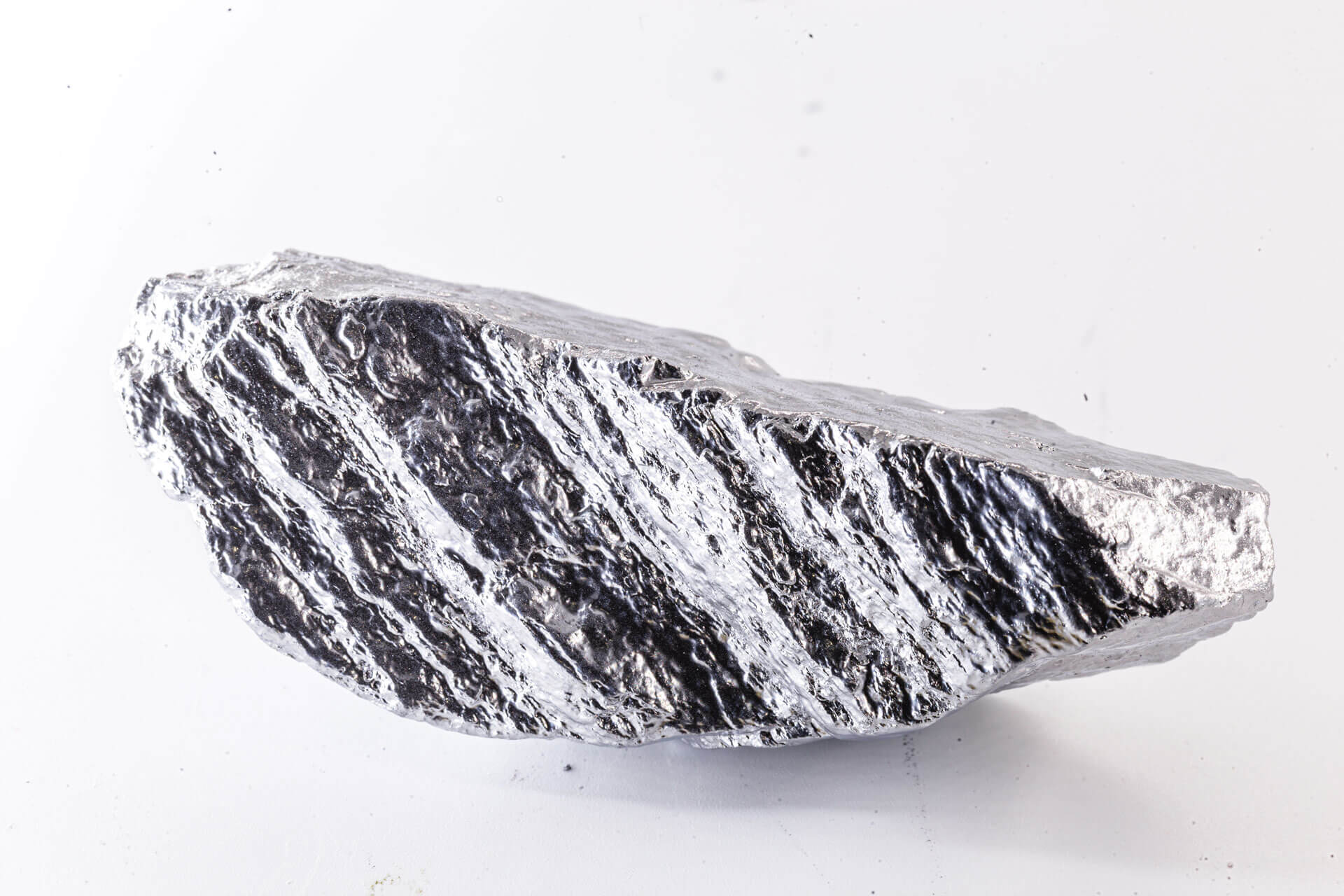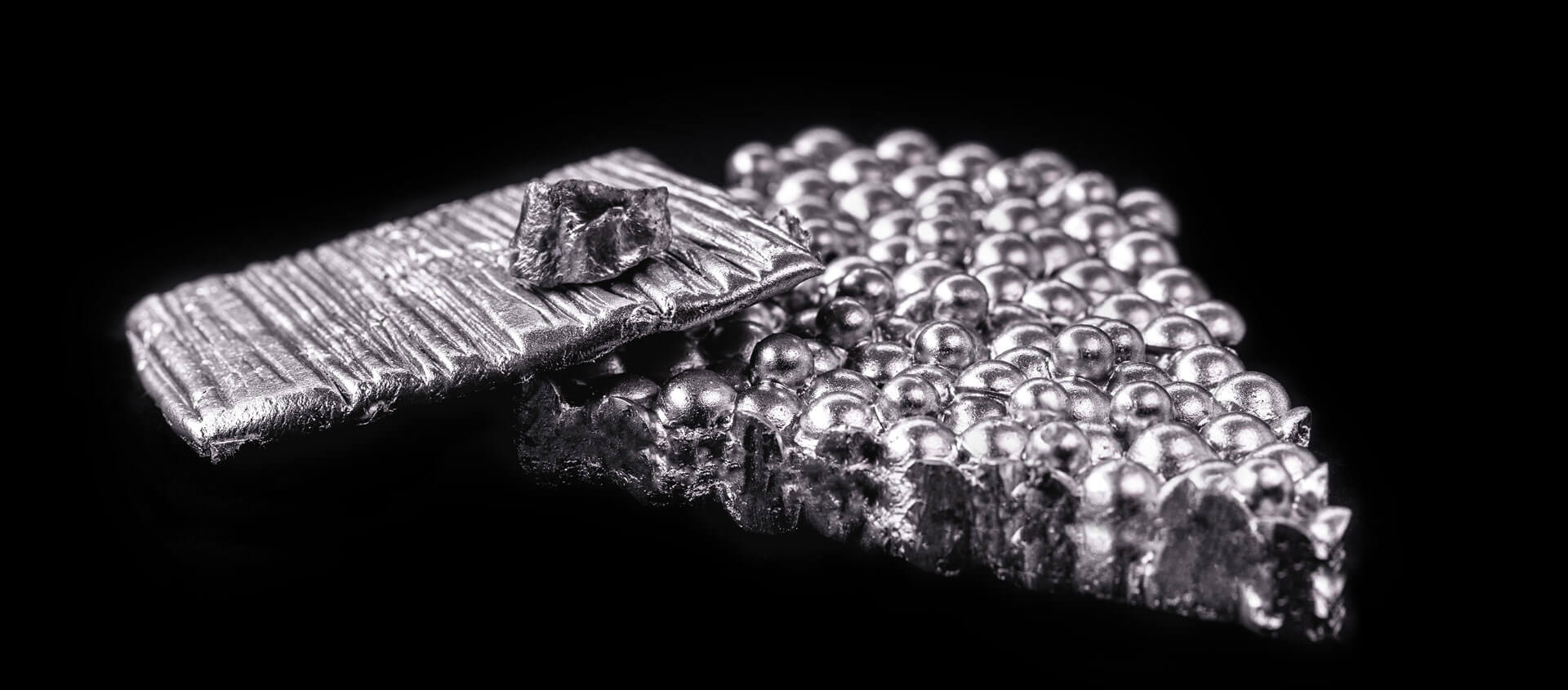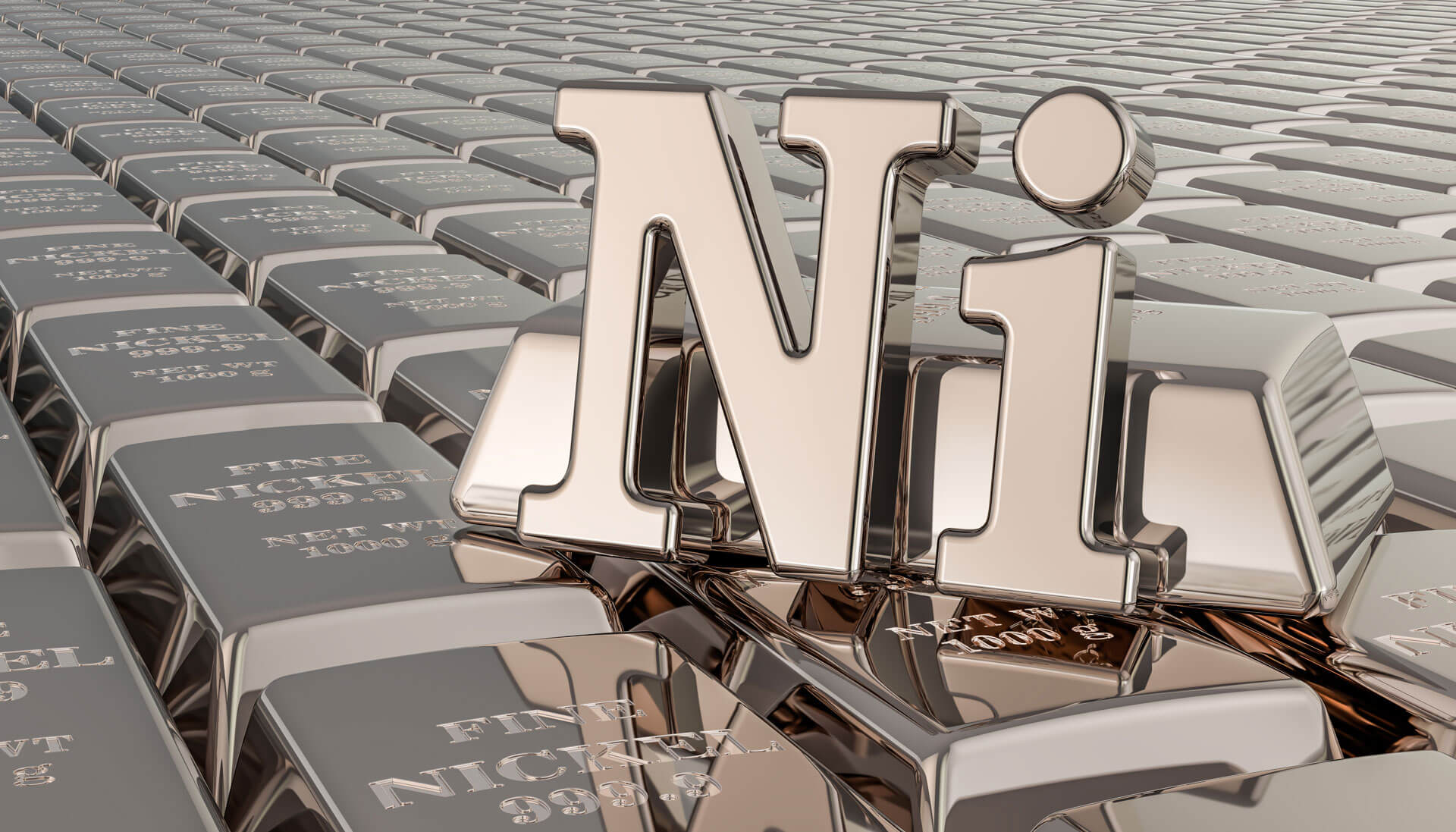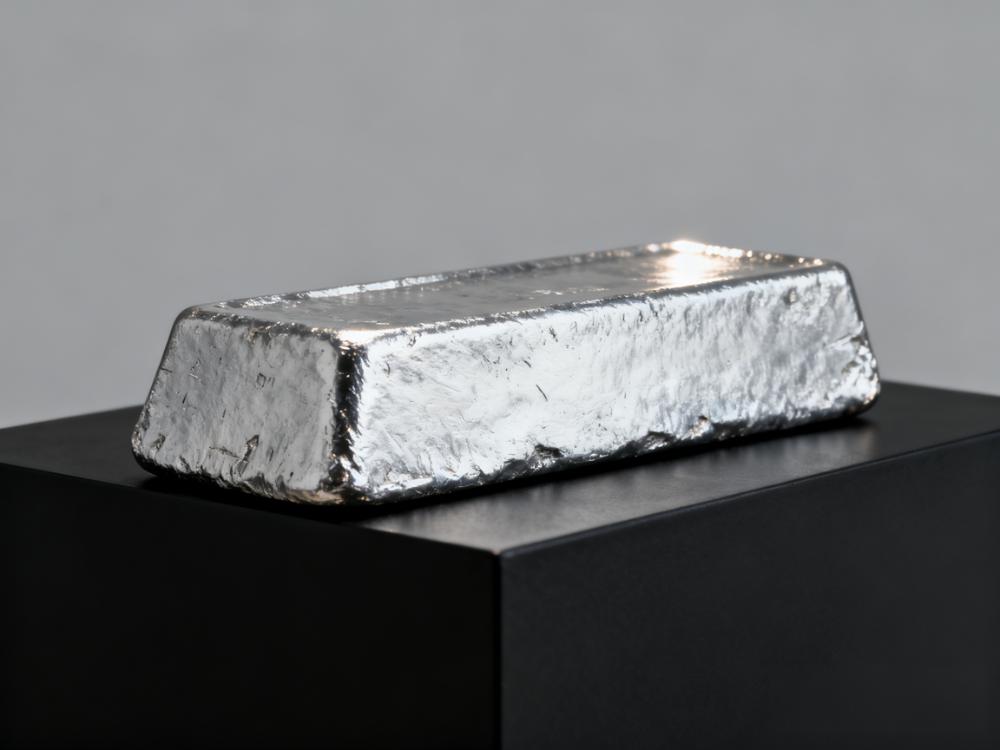Morning Meeting Summary on June 24
Macro News:
(1) US President Trump confirmed on the evening of the 21st that the US military had conducted air strikes on three Iranian nuclear facilities. On the 22nd, Koussari, a member of the Iranian Parliament's National Security and Foreign Policy Committee, stated that the Iranian Parliament had concluded that the Strait of Hormuz should be closed, but the final decision rested with the Supreme National Security Council of Iran. The Strait of Hormuz, located between Oman and Iran, connects the Gulf of Oman in the east and the Persian Gulf in the west. It is the only maritime passage for oil from the Gulf region to be transported to various parts of the world, with approximately one-third of the world's seaborne crude oil trade passing through it.
(2) US Secretary of State Rubio, in an interview with US media on the 22nd local time, called for direct negotiations between the US and Iran and expressed the US's readiness to engage in dialogue with Iran on the 23rd. Rubio reiterated that Iran could have a civilian nuclear program but could not engage in uranium enrichment. Rubio stated that Iran had rejected the US's proposal and had disappeared for 10 days before the US launched military action against it. Despite Iran's continuous messaging to its interlocutors, it did not even engage in direct talks with the US.
Refined Nickel:
Spot Market:
Today, the SMM 1# refined nickel price is 118,100-120,900 yuan/mt, with an average price of 119,500 yuan/mt, a decrease of 1,125 yuan/mt from the previous trading day. The mainstream spot premiums for Jinchuan #1 refined nickel are quoted in the range of 2,600-2,900 yuan/mt, with an average premium of 2,600 yuan/mt, an increase of 150 yuan/mt from the previous trading day. The spot premiums and discounts for electrodeposited nickel from mainstream domestic brands are quoted in the range of 0-400 yuan/mt.
Futures Market:
The most-traded SHFE nickel contract (2507) opened at 118,190 yuan/mt, a decrease of 590 yuan from yesterday's settlement price. It continued to weaken during the trading session, closing at 117,100 yuan/mt at midday, a decrease of 1,680 yuan/mt or 1.41%.
The surplus pattern of refined nickel is difficult to reverse, and the price center may gradually move lower. It is expected that nickel prices will maintain sideways movement within the range of 115,000-121,000 yuan/mt. Support from ore prices and the cost line form the bottom, but macro risk-averse sentiment and inventory pressure inhibit rebound momentum.
Nickel Sulphate:
On June 23, the SMM battery-grade nickel sulphate index price was 27,195 yuan/mt, and the quotation range for battery-grade nickel sulphate was 27,200-27,600 yuan/mt, with the average price remaining stable WoW.
On the cost side, affected by the extension of the cobalt ban in the DRC, the demand for nickel from ternary materials has been suppressed, driving LME nickel prices to continue to decline. Overall, the production cost of nickel salts has decreased. Supply side, the extension of the cobalt ban has fueled an increase in the reluctance to budge on prices among some nickel salt smelters, with some having already ceased quoting prices. Demand side, some precursor plants have raised their acceptance of nickel salt prices. Most precursor plants have adopted a wait-and-see approach. Overall, the extension of the cobalt ban has boosted sentiment towards nickel sulphate, but downstream demand remains weak.
Looking ahead, sentiment is expected to drive nickel salt prices higher, but the extent of the increase will still be limited by weak downstream demand.
NPI:
On June 23, SMM reported that the average price of 8-12% high-grade NPI was 920 yuan/mtu (ex-factory, tax included), down 1 yuan/mtu from the previous working day. Supply side, domestically, nickel ore prices in the Philippines continued to fluctuate upward, leading to severe losses for domestic smelters. Some smelters have reduced their production loads, with production expected to decline. In Indonesia, premiums for pyrometallurgical nickel ore in the domestic trade remained firm. The decline in finished product prices has led to continued losses for smelters. However, pyrometallurgical high-grade nickel matte is also currently in a loss-making phase, and downstream demand is weaker than that for high-grade NPI, so production may see a slight increase. Demand side, destocking of social inventory remains slow. Stainless steel prices continue to test historical lows, and mainstream steel mills have weak demand for raw material procurement. With the expanding economic advantage of stainless steel scrap as a raw material, demand for high-grade NPI may weaken. Today, the procurement prices of mainstream stainless steel mills have further declined. Overall, in the short term, stainless steel will still focus on active destocking, with prices likely to remain in the doldrums. The raw material side is under pressure, and high-grade NPI prices may continue to fluctuate downward.
Stainless Steel:
On June 23, SMM reported that the SS futures market closed sharply lower during the daytime session, falling below previous lows and hitting a new five-year low. The spot market continued its previous sluggish trend, with Delong further lowering its stainless steel plate prices. Downstream customers remain cautious, making it difficult to sell goods and close deals. Under the pressure to sell, traders have had to lower prices to stimulate transactions, and the downward price trend is difficult to reverse. Meanwhile, the transaction price of nickel iron also fell further today, to 910 yuan/mtu, further pushing down the cost support for stainless steel.
In the futures market, the most-traded 2508 contract fell further. At 10:30 a.m., SS2508 was reported at 12,505 yuan/mt, up 15 yuan/mt from the previous trading day. Spot premiums and discounts for 304/2B in Wuxi were in the range of 265-465 yuan/mt. In the spot market, cold-rolled 201/2B coils in Wuxi and Foshan were both reported at 7,650 yuan/mt; cold-rolled uncut edge 304/2B coils had an average price of 12,700 yuan/mt in Wuxi and 12,700 yuan/mt in Foshan; cold-rolled 316L/2B coils were 24,000 yuan/mt in Wuxi and 24,000 yuan/mt in Foshan; hot-rolled 316L/NO.1 coils were 23,350 yuan/mt in both Wuxi and Foshan; and cold-rolled 430/2B coils were 7,500 yuan/mt in both Wuxi and Foshan.
Currently, the stainless steel market is in the traditional off-season, with persistently sluggish downstream demand. Despite widespread losses faced by enterprises and production cuts implemented by some steel mills, the current market supply remains at historically high levels due to the previously large production base, exacerbating the oversupply situation. The shipment pressure on stainless steel mills, agents, and traders has surged sharply, with both in-plant and social inventories remaining elevated. Market pessimism is widespread, and traders are competing to offload goods, leading to a continuous decline in stainless steel prices. The raw material side is also under significant pressure. Affected by expectations for production cuts, prices of high-grade NPI and high-carbon ferrochrome have weakened, further eroding the cost support for stainless steel. The market widely expects stainless steel mills to introduce further production cut plans to rectify the current supply-demand imbalance.
Nickel Ore:
Philippine Mine Offer Prices Rose, Domestic Enterprises' Losses Widened Further
This week, Philippine nickel ore FOB prices rose slightly, while domestic transaction prices remained stable. The CIF price for Philippine laterite nickel ore (Ni1.3%) to China was $46-47/wmt, and the FOB price for Ni1.3% was $37-38/wmt. The CIF price for Ni1.5% was $59-61/wmt, and the FOB price for Ni1.5% was $52-53/wmt. Supply side, although major nickel ore loading points in the Philippines experienced rainfall, the persistent rainy weather significantly impacted loading progress, causing widespread delays. Demand side, downstream NPI prices fell again, and domestic NPI smelters continued to suffer severe losses, dampening raw material procurement sentiment and weakening support for nickel ore prices. For exports to Indonesia, Indonesia's demand for Philippine nickel ore increased, and persistently high Indonesian nickel ore prices further reinforced Philippine mines' reluctance to budge on prices. Looking ahead, the current price tug-of-war between upstream and downstream, coupled with price disruptions from Indonesia, may keep Philippine nickel ore prices stable at high levels in the short term. Domestic enterprises' losses continue to widen, potentially forcing them to either purchase at high prices or cut production.
HPM Prices Continued to Decline, Indonesian Prices Changed This Week, but Premiums Remained High
Indonesia's local ore prices changed this week. Premium-wise, the mainstream premium for Indonesia's local laterite nickel ore remained at $26-28/wmt. Benchmark price-wise, the HMA price for the second half of June stabilized with a slight decline at $15,221/mt, down 1.19% MoM from the previous period. Overall, pyrometallurgy ore prices decreased this week. SMM's delivery-to-factory price for Indonesia's local laterite nickel ore (Ni1.6%) was $53.9-56.9/wmt, down $0.4/wmt WoW. For limonite ore, SMM's delivery-to-factory price for Indonesia's local laterite nickel ore (Ni1.3%) remained stable at $26-28/wmt, unchanged from last week.
In terms of saprolite ore, from the supply side, the ongoing rainy season in the Sulawesi and Halmahera regions remains a key constraint on mining and transportation activities. Additionally, although Indonesia's supplementary RKAB quotas began to be approved in H2, there has been no significant increase in quotas so far. Therefore, the slow approval process has exacerbated the tight supply situation for saprolite ore. On the demand side, SMM's NPI prices in Indonesia fell again this week, and Indonesian NPI smelters are still operating at a cost inversion. Moreover, the market purchasing sentiment for stainless steel has weakened somewhat due to production cuts at some smelters. However, given the current shortage of ore supply mentioned above, Indonesian smelters, in order to maintain the supply of raw materials needed for production, have no choice but to passively accept the current high prices despite operating at a loss.
In terms of limonite ore, from the supply side, although the rainy season in Indonesia continues, there has been no significant tightening in the supply of limonite ore recently. On the demand side, most of the HPAL projects in the MOROWALI Industrial Park have resumed production, and market demand for limonite ore has increased. Additionally, with the expected commissioning of larger HPAL smelting projects in H2, there may be a significant increase in subsequent demand for limonite ore. Looking ahead, the price of Indonesian limonite ore may hold up well.



